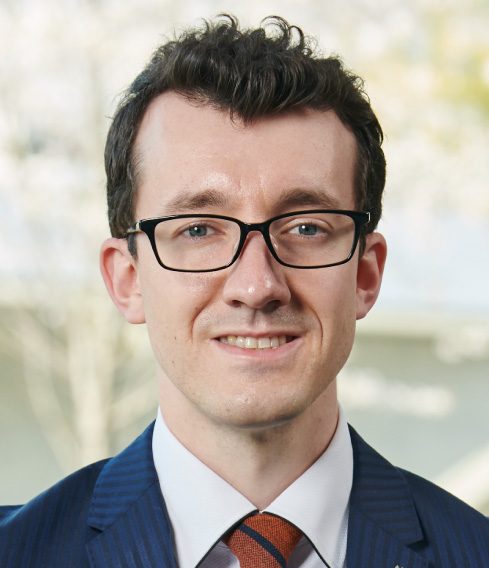
REED, Jacob (Jake)
MA (TESOL)
Classes: English 1 -4, Advanced English 1 & 2, Research Project 3/4, Jishukenkyuu I/II
Being able to communicate in English is an invaluable skill today. As an English language educator in the Faculty of International Studies (FIS), I want students to be able to go beyond passive, teacher-centered learning styles they have likely experienced in the past. In the classes I teach, students become the focus and take on the role of active learners, communicating with classmates, doing group projects, expressing themselves in presentations, and most importantly taking charge of their own learning.
For example, in several courses I teach, I use tabletop games like “Catan” or “Forbidden Island” to get students actively involved in their own learning. To play and win either of these games, students have to communicate with each other; they must negotiate for resources, discuss strategies, and formulate ideas in English. In this way, students will discover a new way of learning English. Not from a traditional textbook and a teacher lecturing, but from actively using the language in a fun and engaging way.
Research Interests: Game-Based Language Learning (GBLL), English as a Second or Foreign Language (ESL/EFL)
Foreign languages are difficult to learn, and this is especially true when one’s native tongue is not closely related to the target language. This difficulty can be compounded by a lack of motivation or other predisposition to second language acquisition. Moreover, many of the tools available to learners for studying languages tend to be passive in nature; this means that a language learner may feel that they have “learned” a language simply by exposing themselves to it such as by watching YouTube videos, studying with a vocabulary app, or even reading a book. However, researchers have found that output is also vital to language acquisition, especially if the learner hopes to be able to communicate in the target language. To help address these issues, language teachers and researchers continue to seek new ways of learning. My research is within a subfield of Applied Linguistics called “Game-Based Language Learning,” (GBLL) which attempts to leverage the affordances of games for learning a foreign language. In short, GBLL is a method of language learning that gives students a new perspective on how learning a language can take place. This can not only be a source of encouragement for students who aren’t motivated by traditional methods of language study, but also is a perfect way to take part in active learning.
Many ask me what kind of games I like to play. I prefer campaign-style board games (long, story-driven) and tabletop roleplaying games (Dungeons and Dragons). I also play computer games, mostly strategy, simulation, and role-playing games.
